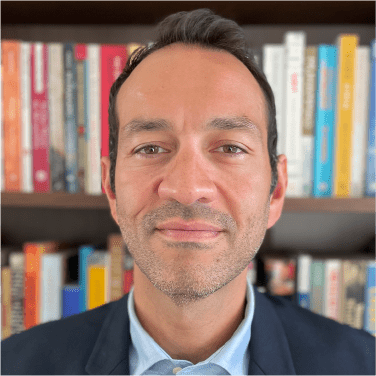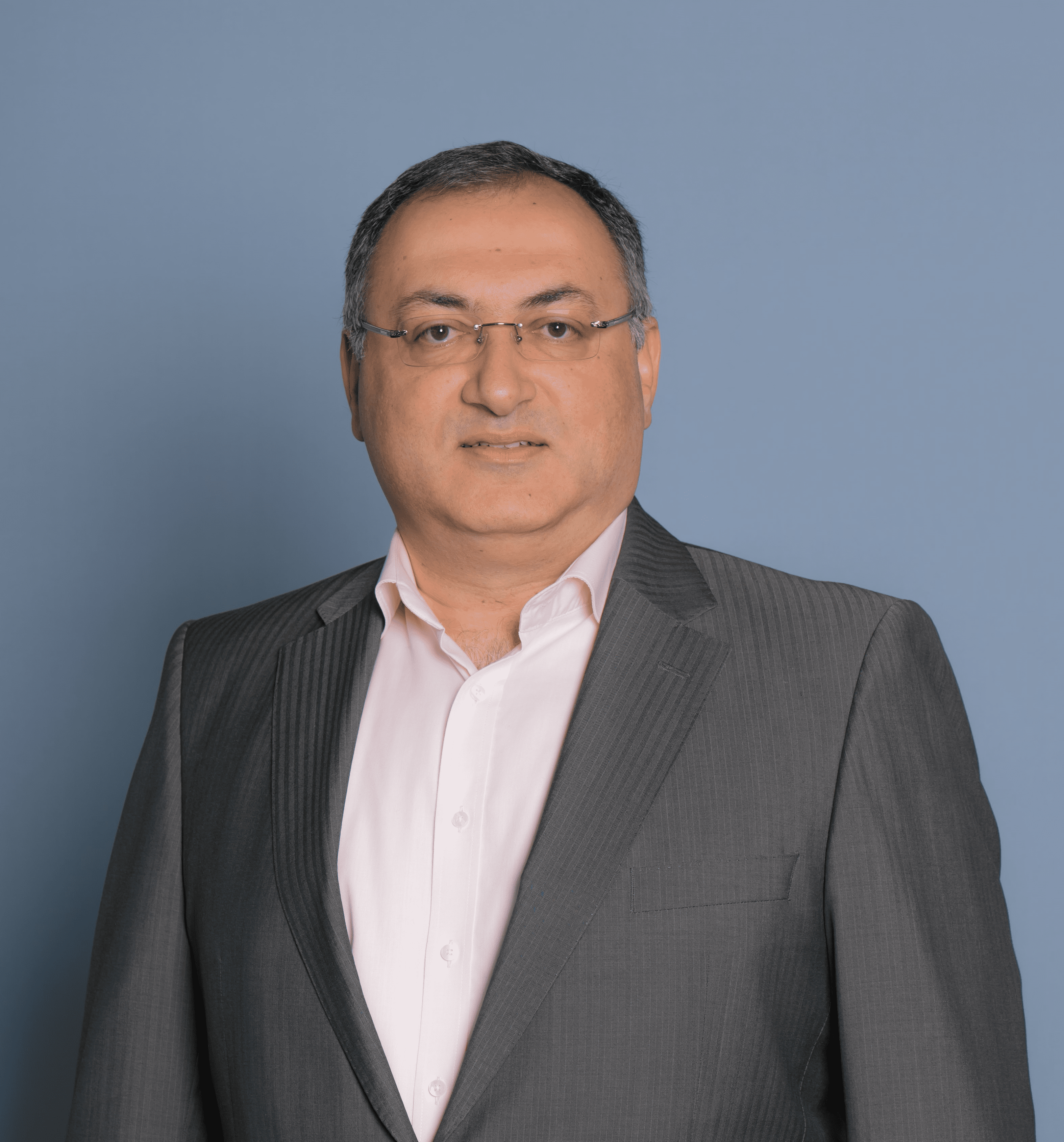Rethinking Gulf Security Following the Iran-Israel War
September 2, 2025
Summary
The outbreak of open war between Iran and Israel in June this year has considerably intensified challenges to Gulf security. The United States’ entanglement and subsequent attacks on Qatar’s Al-Udeid air base marked a serious escalation with far reaching implications. Amidst growing instability, the region is confronting complicated questions including charting the future of Iran’s nuclear program, the durability of the U.S. commitment to Gulf security, and Israel’s increasing incursions on Gaza, the West Bank, and the wider region.
Diplomatic efforts to revive a nuclear deal with Iran have been significantly undermined by the “12-day war” and hardline voices within Iran are increasingly challenging the country’s long-standing opposition to nuclear weaponization, potentially viewing a bomb as a necessary deterrent. This stance has gained momentum in the wake of recent strategic setbacks suffered by Iran and the Axis of Resistance.
Against the backdrop of a rapidly evolving regional security landscape, the Middle East Council on Global Affairs (ME Council) convened a panel of experts to assess several critical questions including how are shifting geopolitical dynamics re-shaping Gulf security? Looking ahead, what are the prospects for Iran’s nuclear weaponization? What role can diplomacy play in de-escalating regional tensions? and what does a sustainable regional security architecture look like?
Sanam Vakil – Chatham House
- The MENA region is undergoing major change as the US repositions its alliances, leading to questions about its reliability on security.
- The short 12 day war exposed America’s strategic priorities, showing that American engagement is more focused on global interests than on regional stability. The unpredictability of the US priorities affects its diplomatic ties with the GCC countries.
- Broader global trends such as the erosion of multilateralism, disregard for international law, and the doubling of armed conflicts are compounding instability in the region. The international community has proven itself to be incapable of stabilizing and settling conflicts. Cases like Gaza, Ukraine and Sudan prove this point.
- External involvement, including in Gaza, has failed to bring results; no strong leadership is emerging to address conflicts. Conflicts in the region at large blend with one another and become transnational under these conditions.
- Regional normalization efforts (e.g., between Turkey, Iran, and Israel) have not created stability. The regional normalization efforts speak to the larger context of increasing multilateralism globally.
- The region is becoming more integrated globally, with new diplomatic actors like Qatar gaining ground, but that will not stop ongoing wars.
- Power is shifting: Iran’s influence is fading, Turkey is rising, and a new balance is forming; but without coordination, the region risks broader conflict.
Hasan AlHasan – International Institute for Strategic Studies
- The Trump administration left a deep imprint on Gulf thinking and perceptions of foreign policy.
- It is a myth that the Gulf states all welcome close ties with Israel, many remain skeptical or outright resistant.
- Israel is increasingly seen as an objective threat to Gulf security; war in the region hurts economic stability. Israel poses an indirect threat to Qatar and other Gulf countries through its war with Iran but also through aspects such as the environmental impact of Israeli military aggression.
- The direct threat from Israel is through its adoption of regional views similar to Iran, with lack of respect for the borders and potential spillover effect of its military actions in the region.
- Saudi Arabia, Qatar, Kuwait, and Oman maintain cautious or wary stances toward Israel, while the UAE and Bahrain adopt more ambiguous stances mainly because they perceive Israel to not be a direct threat but also due to its military strength and strong US ties.
- The Gulf lacks the independent military capacity or alliances to counter Israeli security threats effectively. Their options are at the moment limited as they cannot rely on the US should a showdown occur.
- A regional alliance or diplomatic framework may be needed to address Israel related risks.
- Given their credibility with both Washington and Tehran, Gulf states could play a leading role in facilitating diplomatic solutions.
Shahram Akbarzadeh – Middle East Council on Global Affairs
- There is a stark divide between Iranian civilians and the regime, especially in light of the recent events.
- Iran was engaged in negotiations with the U.S. when Israel attacked and the U.S. followed, reinforcing deep distrust of both and the U.S. support for Israel, reinforcing Iran’s deep mistrust.
- Iran believes it cannot show weakness under fire, and its leadership favors resistance over surrender.
- The government insists on continuing uranium enrichment as a sovereign right.
- Iran’s ruling elite is split: hardliners (which make up the majority of the state and media) refuse compromise; pragmatists seek strategic solutions which the Supreme leaders seem to see value in as they serve the role of managing the crisis.
- While Iran’s leadership views confrontation with Israel as inevitable, this stance is unpopular among ordinary Iranians.
Yasmine Farouk – International Crisis Group
- Gulf states initially believed their close personal ties with Trump’s team would lead to deeper cooperation. Expectations were quickly disappointed, as the administration’s unpredictability made it an unreliable partner.
- There is growing mistrust in the U.S., but it is still the only external power willing to militarily intervene.
- A key issue is the gap between U.S. and Gulf perceptions of the region. The Gulf sees interconnected conflicts; the U.S. treats them as isolated.
- This divergence has pushed Gulf states to acknowledge the need for stronger regional cooperation.
- Turkey might play a mediating role in future diplomacy, but that path carries real risks.
- The Gulf felt threatened by the Iranian attack on Qatar, making regional diplomacy more urgent but also more dangerous.
Additional – Q&A
- Escalation between Iran and Israel is a growing concern, with the potential to destabilize the wider region. Each country has expressed their readiness and willingness to engage in war even within a short time span.
- Israel has been able to divert international pressure and attention from its actions in Gaza by engaging in other wars. This war also has the potential to spillover in the region.
- Gulf states are engaged in mediation but lack unified or effective military structures. While it appears as though all diplomatic efforts with Israel are exhausted, the need for negotiation and diplomatic ties becomes more crucial for the region in order to prevent the escalation of conflict to the deadlier and bigger scale.
- Strong GCC economic and trade ties have not translated into credible collective defense mechanisms. GCC integration seems more theoretical than operational. The lack of trust and unwillingness for the project prevents it from becoming a reality.
- Any de-escalation between Iran and Israel must be tied to broader nuclear negotiations to be sustainable and effective, that emphasizes the respect for sovereignty of nations and non-interference.
- Many Iranians are frustrated with their regime’s failure to protect them, but external military pressure is unlikely to trigger regime change.
- Israel’s strategic miscalculations stem from a poor understanding of the region and its neighbors, leaving it reliant on U.S. support. Its isolation is a vulnerability, though this could change over time.





